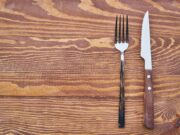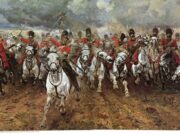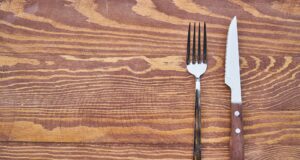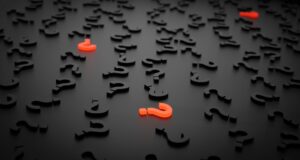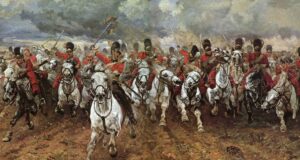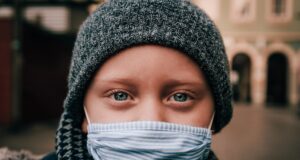At some point, we will have beaten COVID-19 and gotten back to our normal lives, whereupon this information will be much more relevant towards weekend habits of ‘sleeping in’ but right now, it is a daily pressure for those conducting at-home isolation.
Pay close attention from 2:40 onwards in the video, Michael Greger is succinct and on point. I entirely agree with him. The irony is that I have two teenage girls who love that extra sleep on weekends but at what cost to their school performance!
What is the solution? Perhaps a compromise but key is to at least try to partially regain the circadian rhythm on Sunday night!
The problem is that three extra hours of sleep translates to three time zones. But the adaptation would not have been complete! So perhaps some merit in a ‘clawback’ Sunday night!
We have a master clock in our brain.
In addition, there are many other clocks for specific purposes.
From an evolutionary point of view, the rhythm and time of day are all important.
Recently I watched a Netflix series, largely about animals and their hunting at night. The heat-sensing cameras showed the activity of cats such as cheetahs and lions as they stalked their prey.
The vulnerability of moonlight that is at its full moon stage some 5OO times less powerful than the sun. But still powerful enough to give those being stalked, an edge.
Depending on the lunar month may become virtually nothing. Leaving ‘light’ to the stars that are some 2,000 times less powerful than a full moon! But some hunting animals are adapted to these poor lighting conditions. The maximum success for cats such as cheetahs in reality, is when the night is at its blackest. Then their prey most vulnerable.
Translate all this to humans.
We are not designed in a SHORT stretch, to outrun such animals let alone kill them with our teeth or hands! Particularly at night! See David Attenborough BBC Kalahari hunters stalk their prey but in the heat of the day!
Our eyes are not equipped for night work! We developed and adapted to gather plants, roots and fruit! And in the daytime!
Maybe eggs and some small creatures came incidentally. Just look at our jaw structure!
It was our brains that ‘enabled’ us to hunt with tools such as spears. We have certain attributes of sweating and using our hands. See my article on the Kalahari Desert adaptation!
What does this mean to our circadian rhythm? Well, our best bet at night is to not hunt and move around otherwise we become the hunted! It may be that we deploy caves or elevated resting places.
We may form small groups to keep watch. Within the last two million years we started to shape weapons and used fire. But these qualities may not be sufficiently within our DNA makeup to any marked degree to change our inherent circadian rhythm.
Right up to the advent of full societies within the last 15,000 years, we really relied on our small groups. We went to bed at sundown and rose at sunrise. It is not to say that our sleep was uninterrupted but we are geared naturally to sleep because it was and is our best bet to avoid danger!
Thus our circadian rhythm.
This is why I advocate traveling North-South for vacations. Less stress and better going West than East.
This site spends considerable time on jet lag! How to overcome it, and the best ways are certain dietary tricks!
Also to adjust one’s times slowly in advance! Out forebears never had the advantage or one might say also disadvantage of jet travel through multiple time zones in just hours!
The irony is simply because of jet lag the stress thereby caused often destroys the efficacy and benefits of vacations!
But teenagers beware jet lag for school optimal performance. And do not make it a lifetime habit otherwise: Sublime ‘Sleeping In’ Weekends Dangerous Health!

